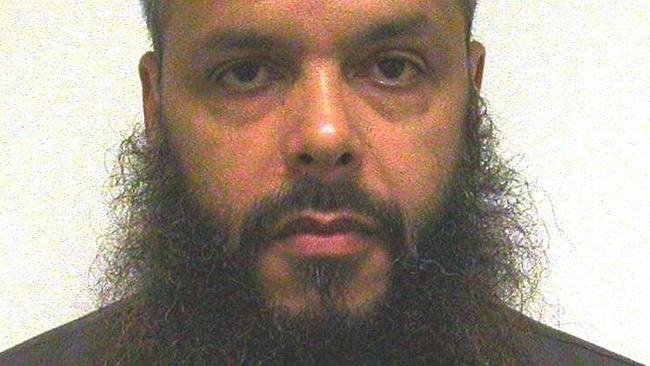Abdul Nacer Benbrika: Terror leader’s Aussie citizenship win
The convicted leader of a Melbourne terror cell has won a High Court challenge against the decision to strip him of his Australian citizenship.

One of Australia’s most infamous domestic terrorists has won a legal bid to restore his citizenship.
Abdul Nacer Benbrika launched a High Court bid to the legality of the former Morrison government’s powers to strip citizenship for convicted terrorists as the threat of deportation loomed.
Benbrika, who migrated to Australia from Algeria in 1989, had his citizenship cancelled by former Home Affairs Minister Peter Dutton in 2020 after completing a 15-year sentence on terrorism offences.

On Wednesday, the High Court ruled in his favour in a 6-1 decision, finding Section 36D of the Australian Citizenship Act is invalid and Benbrika is an Australian citizen.
The majority decision followed a similar ruling in June last year that suspected terrorists cannot be punished by ministers removing their citizenship.
Benbrika’s challenge had centred on his claim Section 36D could not apply in his case because it gives the home affairs minister the power to punish criminal guilt.
He argued the laws were not constitutional because criminal conduct can only be punished by the judiciary, and not the government.

In the judgement, Chief Justice Susan Kiefel and justices Stephen Gageler, Jacqueline Gleeson and Jayne Jagot said the constitution “exclusively” entrusted punishment for criminal guilt to the courts.
They found it was beyond the powers of Parliament to give an “arbitrary power” to the Executive to punish Australian citizens.
In a dissenting ruling, Justice Simon Steward argued the laws were valid and it shouldn’t be a power of the courts to denationalise a person.
He said the now struck down powers to remove citizenship was not a punishment, but an “acknowledgment of something which has in fact already occurred: a person’s rejection of membership of the Australian body politic”.
Benbrika, who became a citizen in 1998, has been in custody for 18 years since his arrest in Melbourne in 2005.
The 62-year-old former aviation engineer was jailed in 2009 after being found guilty by a jury of being a member of, and directing the activities of, a terrorist organisation.
In the criminal case against Benrbika, he was described as the “guiding light” of a Melbourne cell, plotting terror attacks in Australia and overseas.
After emigrating to Australia he became a influential person in Melbourne’s Islamic community until his radical teachings brought him into conflict with other Muslims.
He formed and led a group advocating for violent jihad against non-believers, regularly speaking about performing acts of violence to coerce the Australian Government to withdraw forces from Iraq.
One of his co-accused who later turned and became a prosecution witness, provided the only evidence of a target, saying in August 2005 Benbrika told him of a plot to attack the Melbourne Cricket Ground during the AFL grand final.
This, he said, was postponed for security reasons and funding issues.

He completed his sentence in November 2020 but was kept behind bars after then-home affairs minister Peter Dutton sought a continuing detention order.
The order allows courts to keep convicted terrorists in custody for up to three years if they come to the view they pose a continued danger to the community.
The continuing detention order is due to expire in December and lawyers acting for Australia’s Attorney-General Mark Dreyfus have asked the Victorian Supreme Court to place him on a extended supervision order.
In June, the Supreme Court was told it was not alleged Benbrika posed a “lone-wolf” risk but allegedly was a risk of radicalising others in the community.
Prime Minister Anthony Albanese said the government would “examine the ruling and respond appropriately” in time.
“Quite clearly there was an issue with the former government's legislation, which is what this ruling relates to. But when it comes to the legal consequences, we’ll seek advice for the ruling and respond appropriately,” he said.
Opposition spokesman Simon Birmingham offered “full bipartisan cooperation” from the Coalition to ensure Benbrika would not pose a risk to the community..
“As a Coalition government, we sought to take every possible step to ensure that Mr Benbrika, as a convicted terrorist, posed no future threat to Australians,” he said.



